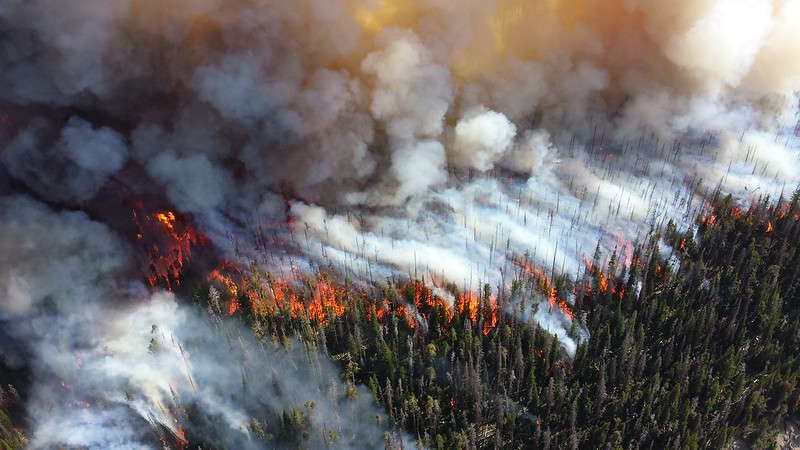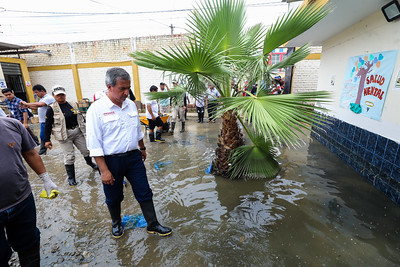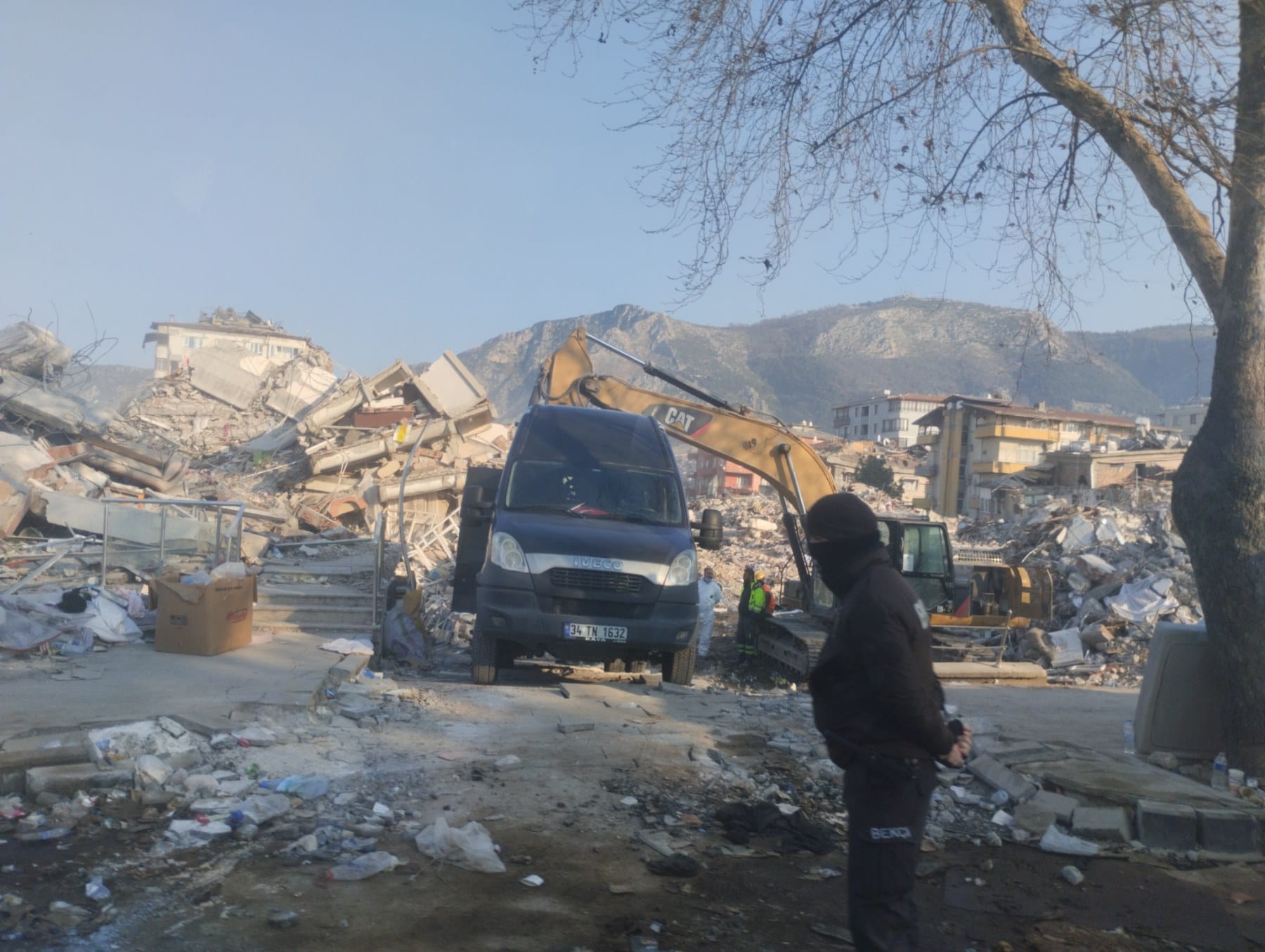Emmaus groups hit hard by global warming

For a number of years now, a worrying trend has been observed… an intensification and indeed multiplication of extreme climate phenomena. The first six months of 2023 are no exception to said trend. A number of Emmaus groups have already paid the price – drought and water shortages all over the world, the “El Niño” phenomenon causing significant damage in Peru, abnormally high temperatures having direct consequences on agricultural production in multiple countries…
Learn more about the consequences of climate change on local populations and Emmaus groups in two different countries:
Generally speaking, the countries that are most heavily impacted by global warming are the countries the least responsible for it, yet also the least equipped to deal with it. More often than not, such countries are also heavily indebted, which in turn limits how able they are to adapt to climate charge or to fight against its causes. In order to discuss how best to deal with these inequalities, about 40 heads of state and representatives from the private sector gathered in Paris from the 22nd-23rd of June at the Summit for a New Global Financing Pact.
As far as Emmaus International is concerned, the leaders present could have been significantly more ambitious in reconciling global ecological and social imperatives. Dependence on financial institutions and market logic has seriously hindered their political will.
Yet, it is the richest countries that have long been responsible for triggering and propagating the climate crisis, being behind the vast majority of greenhouse gas emissions. While the carbon footprint of developing countries may have dramatically increased in recent years, this is largely caused by overconsumption and the economic models of rich countries. Countries in the Global South are therefore entirely legitimately calling for a financial compensation mechanism in response to what they consider to be the Global North’s “ecological debt”.
We believe that the proposals made at the Summit for a New Global Financing Pact are not enough – the options put forward are restricted to market solutions and in no way call into question the system of indebtedness that governs North-South relations. There are a number of clauses intended to ease the debt for the most affected countries, such as a clause to lighten the burden of repayment in the context of natural disaster. However, the majority of proposed measures are based on loans, and therefore will quite simply increase the already-existing debt burden in the Global South. As for the new taxes outlined (for example, the tax on financial transactions), we can only hope that their announcement will actually be followed with action. However, should we consider that the $100 billion per year which has been promised since the 2009 COP15 in Copenhagen has only just been raised for the very first time this year, then perhaps we shouldn’t be too optimistic.
In reality, not only do these false solutions lock the Global South into further dependence on the North, but also into a system of productivism that is built around fossil fuels. We need a real paradigm shift if we are ever to reach the objectives of the Paris Agreement, and guarantee a planet fit for future generations.
As far back as 1994, Abbé Pierre was already speaking on the environment and the challenges that humanity would need to overcome in order to guarantee a safe, sustainable world: “I think that this new-found attention being paid to the environment is a momentous occasion in human history. From now on, we will look at human activity in a different light. Until now we have exploited the earth like you might squeeze a sponge, with no limit, almost obsessively… always thinking that we must be faster than our neighbour, that we must outcompete them. As such, disaster, already well underway, was guaranteed. Now that we have realised the damage we are doing to the environment, now that we have realised that we are sawing off the very branch we are sitting on, we must without any delay find solutions and start putting them to work”.
As part of his commitment to alter-globalisation, he called upon the richest in society to become aware that rather than ignoring the destruction going on in the world (or even profiting from it), they should instead put their money and effort into solidarity work and support for those most in need, whose resources are plundered, and environments destroyed. He advocated for a balance in exchanges in order to transform the monetary balance and the distribution of resources, and therefore in turn he was also fighting for the abolition of the foreign debt of the countries that, at the time, he called the “Third World”


